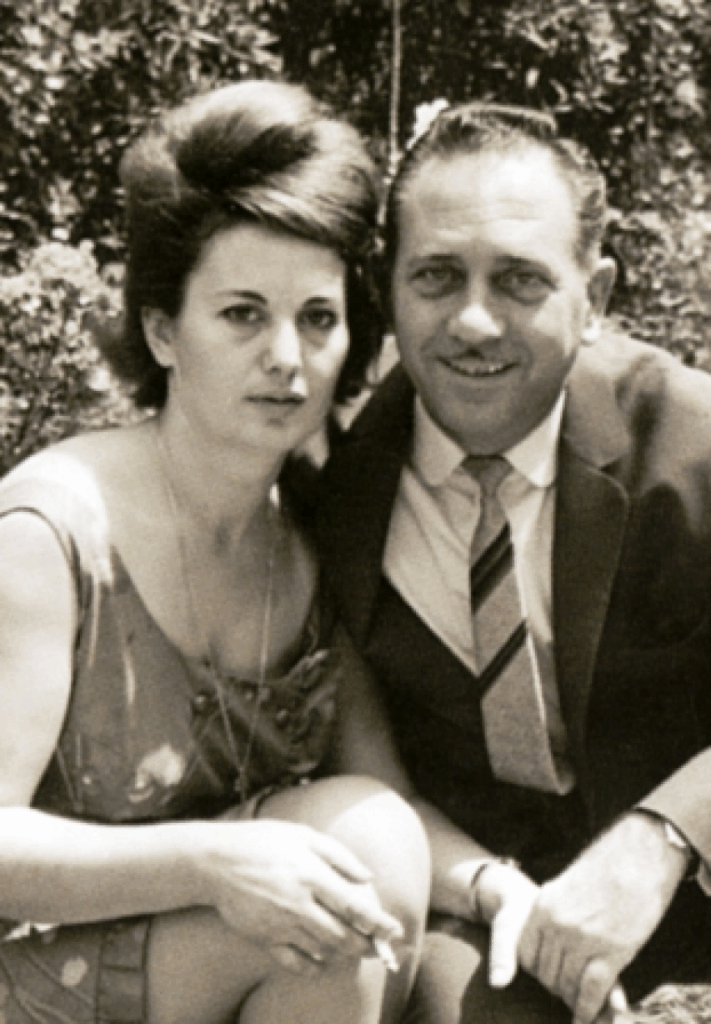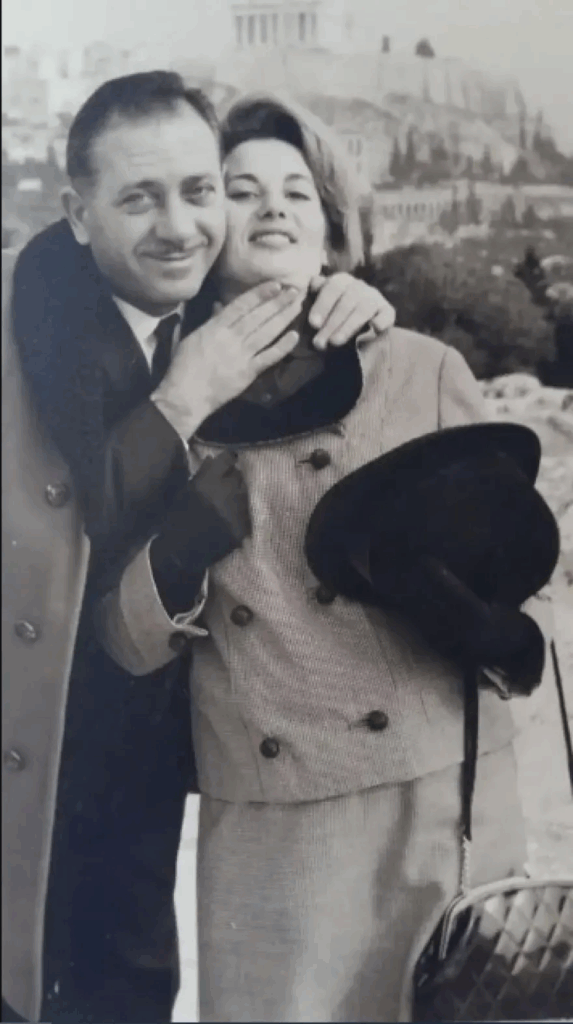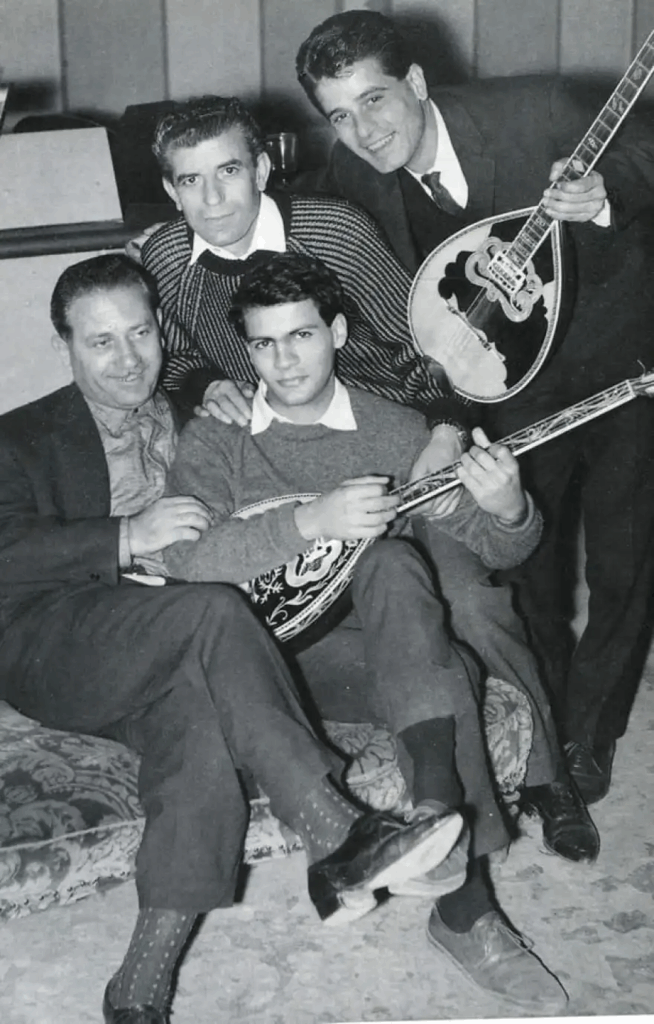A boy who changed Greek music forever
Almost a century ago, on March 16, 1925, in a neighborhood of Plato’s Academy, a boy was born who would leave a lasting mark on Greek music. This was Giorgos Zampetas—the man who brought the bouzouki to center stage, established laïko music as a primary form of musical expression and entertainment, and helped elevate some of Greece’s most popular singers.
To commemorate 100 years since his birth, a new musical performance titled “Indeed, Mr. Zampetas!” will debut on June 13 at Alsos Theater. Directed by Petros Zoulia and starring Vicky Stavropoulou, Kostas Koklas, Giannis Tsimitselis, Danai Barka, Eleni Karakasi, Lefteris Eleftheriou, Antonis Krompas, and Christina Tsafou, it aims to revive the legendary figure of Greek music and introduce him to younger generations through his life milestones and timeless songs.
Precious inspiration from his daughter’s book
The production draws heavily from Katerina Zampeta’s book “Giorgos Zampetas, I Will Dive Deep into the Sea,” which includes major events, valuable memories, and previously unknown facts about both the artist and the man.
Early Years of Struggle
Katerina recalls a tiny room in Aigaleo:
“I was born in a poor house in Aigaleo in 1954. We lived in a 2×3 meter room that my grandmother Marika gave to my father to house his family. Five people in one room. We stayed there until 1960 when my father went to Cannes for Never on Sunday.”
Zampetas, having been mentored by the great Vasilis Tsitsanis, wrote his first songs in the 1950s but hadn’t gained wide fame yet. Despite constant work and high anxiety, famous musicians of the time would gather in their small home, and Zampetas played in small music joints at night.
Golden Era of the 1960s
Recognition came in the 1960s with major hits and collaborations, international tours, and involvement in over 160 Greek films. Yet, Zampetas never received financial compensation for his movie work, only asking that his name appear on posters:
“If they like to see my face, why not let them?” he’d say.

A Lifelong Bond with His Wife
Zampetas married Argyro in 1952 when she was just 15. She became his rock, manager, and caretaker of their home.
“She boosted him a lot. She was the one who collected payments, not him. He couldn’t handle practical life—he got lost in details like bills or broken sockets,” recalls Katerina.
Zampetas used to say:
“Find the woman you need, not the one who makes you feel like a macho man. When you find the necessary woman, never let her go.”
Argyro was extremely devoted and jealous, always accompanying him—even to clubs.
A Caring Father
Despite his night job, Zampetas was present and affectionate as a father, involved in holidays, and regularly sharing his new songs with his children. He offered wisdom and predicted:
“The music of the future will be the music of the past.”

Decline and Abandonment
By the 1970s, though he adopted a satirical style in his performances, Greek music began shifting to a more entechno style. Zampetas felt sidelined and bitter:
“They baptized it something else, but real laïko is one thing. Who are these culture-snobs?”
Despite having helped many, few stood by him during his decline. He was invited abroad (Australia, America, even Iran for the Shah), but in Greece he was ignored.
When he fell ill in 1992, very few visited him in the hospital:
“Don’t believe those who now praise him,” Katerina says.
“Only a few came—Moscholiou, Mitropanos, and that’s it. No one even called after 1985.”






Ask me anything
Explore related questions







